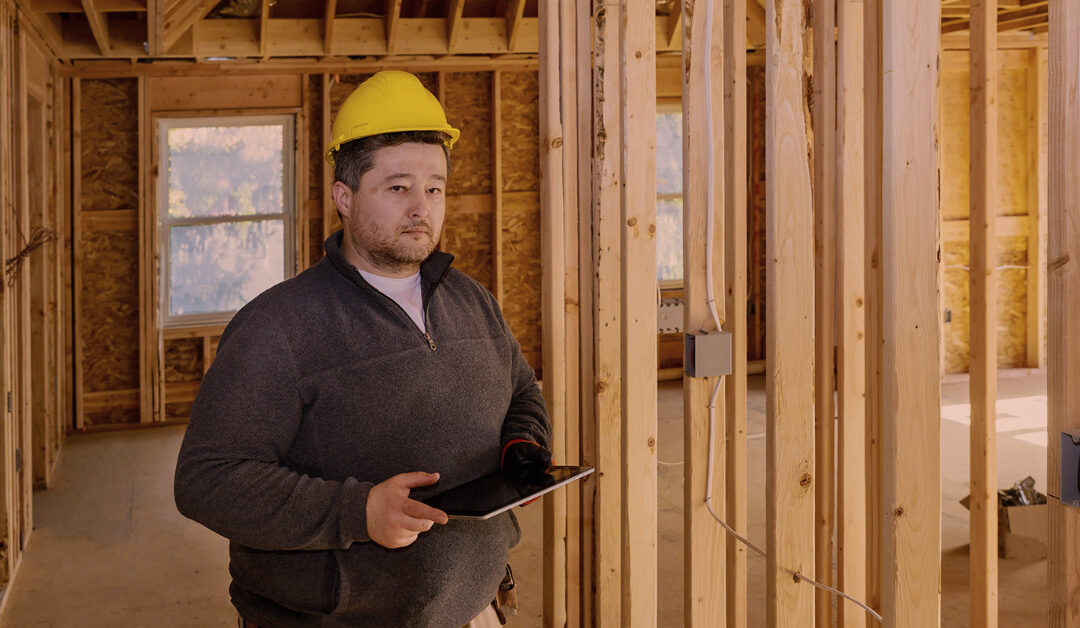When buying a home, you trust that an inspection reveals potential problems. You may even use the inspection to negotiate the selling price down. You can also back out entirely during the option period of your buyer’s contract if the inspection reveals problems. But how much can you rely on a home inspection contract? What are the legal limitations to watch out for?
Home Inspection Contracts Do Not Imply a Warranty
Most home inspection reports do not guarantee the future life or performance of the items they inspect. Instead, they only look perfunctorily at appliances and home structures. They identify signs of mold or other corrosive or damaging issues.
An inspector may spend a few hours at the house. This is not enough time to make a complete diagnostic of the function or condition of anything in the home. Moreover, the contract you sign expressly states that they are not liable if they miss defects of any kind.
Home Inspection Contracts Do Not Prevent Defects
Because an inspection is visual only, there could be undiscovered problems lurking under the surface. For example, you could buy the “perfect” home and discover a major defect three months into ownership. Perhaps the water pipe company recalled the fittings for leaking. Perhaps you even find water damage that occurred in the month between the inspection and your occupation of the home.
Who is responsible for this damage? Circumstances may force you to pay out of pocket for the damage. Your contract for home insurance may cover the period after the inspection until the purchase, but you won’t know this unless you carefully read and understand each contract you sign.
The inspector does not insure your home in case of unexpected or hidden defects, and they are not responsible for ensuring future problems won’t occur. Thus, there is an inherent risk in buying a home. You can only mitigate the risk with a specialized real estate attorney going through your contracts with an eye keen to possible problems.
Limited Liability
A home inspector cannot afford to pay for any losses resulting from an inspection that misses a problem. Often, the contract states that you agree that any claims or expenses you have cannot exceed the amount you paid for the inspection.
The inspection contract goes so far as to say that any negligence by the inspector is not covered beyond what you originally paid them. So, if the inspection costs you $250, you can only recoup $250 from the inspection company, even if you lose $250,000 because of a defect they missed.
For example, you might find that your home sits on a sinkhole with evidence of a shifting foundation even before the inspection occurred. However, the inspector may not be liable for any loss if you signed the standard inspection contract without making any edits with your attorney.
The proof of an unstable foundation could even appear evident in the pictures your inspector took of the home’s situation. However, if your house sinks into the ground, the inspector is not responsible for this, even if it obvious when he performed the inspection. In a general inspection contract, you are signing away your right to sue an inspector for negligence.
The only way to work around this type of contract is to work with an attorney specializing in real estate contracts. An attorney familiar with real estate knows how best to negotiate contracts to make them beneficial to your position as a buyer.
Contracts are Negotiable
Many do not realize that every contract you sign is negotiable. A contract is just an agreement between two parties. If you don’t agree to everything in a contract, you have the right to make changes and negotiate with the other party until the contract suits your requirements.
Inspection contracts may seem standard, and it may be tempting to just sign without thinking. However, you can end up carrying liability for an inspector’s negligence if you are not careful. Therefore, always find professional advice before signing a contract you do not fully understand.
We Can Help
It is impossible to eliminate all risks when you purchase a property, but it is possible to work with an attorney who understands the inherent risks in buying real estate. At Jarrett Law, we work specifically with real estate contracts, whether you are purchasing, selling, or doing some remodeling with contractors. In addition, we know deeds, titles, deeds of trust, mortgages, and everything real estate related.
Contact us to interpret and edit those legal real estate contracts and agreements. We want to help you make agreements that serve your best interests. Find out how we can help you today.



Recent Comments